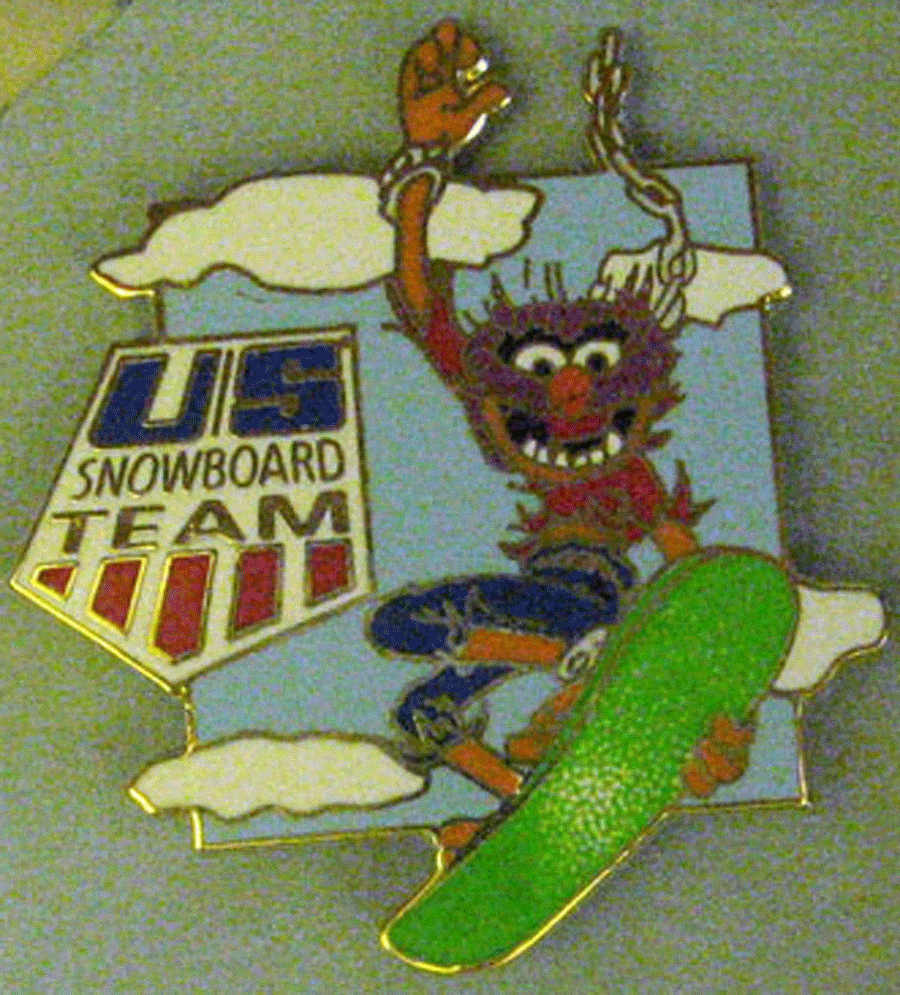This year marks the 20th anniversary of the 2002 Salt Lake City Olympics, much of which was held in Park City. This is the second article in a series covering that story.
The 2002 Olympics began under two clouds. The lingering bribery scandal had broken open in 1998 and had largely run its course before opening ceremonies. In the end, the International Olympic Committee wound up with more egg on its face than Salt Lake, as investigations showed Salt Lake’s generous bidders were “only” doing what a number of corrupt IOC members expected in return for their host city votes.
The more pressing and unexpected cloud was the threat of terrorism. The February games were the first worldwide event since the 9/11 terrorist attacks five months earlier. Already stringent security precautions were reassessed, and previously scarce federal protective resources suddenly became available. On Park City’s Main Street, citizens alert to suspicious packages reported one. Lower Main was shut down, a robot picked up the package which a bomb disposal squad took away to explode. Police chief Lloyd Evans later reported the results, saying “We blew up a half-eaten ham sandwich!” In the end, no security issues ever arose.
At Park City area competition venues, history and hometown heroes put a spotlight on Utah’s emerging status as America’s center of winter sports. Park City Mountain Resort, which banned snowboarding in the sport’s early years, became a snowboarding showcase. The sport debuted as an Olympic event only four years earlier, and in Park City it became the star of the show for Americans. In women’s halfpipe, American Kelly Clark, just 18, took the gold. When the men competed, no one saw an American sweep coming, where Ross Powers, Danny Kass, and J.J. Thomas took gold, silver, and bronze with an average age of just 20.
At the conclusion of half pipe, Park City’s snow groomers plowed over the pipe where history was made to prepare the Eagle Race Arena for snowboard and ski racing. In one of the game’s inspiring stories, Aspen’s Chris Klug, just 18 months after a life-saving liver transplant, won the bronze medal in parallel giant slalom.

Credit: Park City Historical Society & Museum, Richard Bambery Collection
The men’s giant slalom likewise was staged there. The wild off-balance style of Bode Miller pleased the crowd and took silver, which paired nicely with the silver he won in men’s combined further north at Snowbasin. Miller’s silvers were the hometown U.S. Ski Team’s only alpine racing highlight of 2002.
Over at Deer Valley, attention was glued to other crowd pleasing, newer Olympic sports of freestyle aerials and moguls. Because Park City had already established itself as a premier training center for freestylers with the early construction of the Utah Olympic Park venue, Californian Joe Pack moved to Park City with his family to have ready access to training facilities. At Deer Valley it paid off with Pack’s silver medal in freestyle aerials.
Meanwhile, at the Olympic Park, American athletes were familiar with the bobsled and luge track, as it was built even before Salt Lake was awarded the games. Jill Bakken moved to Park City to train for the two-woman bobsled competition, which marked the debut of women’s bobsledding as an Olympic medal sport. For her, the medal was gold, as she piloted her bobsled with runner and brakewoman Vonetta Flowers to bobsledding history.
Another Park City Olympic highlight came at the same track, when skeleton racers took center stage. Jimmy Shea also relocated to Park City to train and became the hometown favorite. He too carried history, as the third generation of Lake Placid’s Shea family to compete in the Winter Olympics. His grandfather Jack speed skated to two gold medals in his hometown 1932 Olympics and his father was a Nordic racer in 1964. Sadly, his grandfather, who had carried the 2002 Olympic torch in Lake Placid a month before, died soon after carrying the torch in an auto accident caused by a drunk driver. When Shea won the gold at Olympic Park, he pulled off his American Eagle helmet to reveal the picture of his grandfather that rode the track with him. It became one of the game’s iconic moments.
When it was all over, Park City was firmly planted as one of the world’s premier winter sports cities. Worldwide, 187 million unique viewers tuned in for some part of the coverage, exposing the Wasatch winter experience to a huge new audience.
Long time Park City resident Larry Warren covered the 2002 bid campaign, and the 2002 Olympic Games themselves, for KUTV in Salt Lake City.